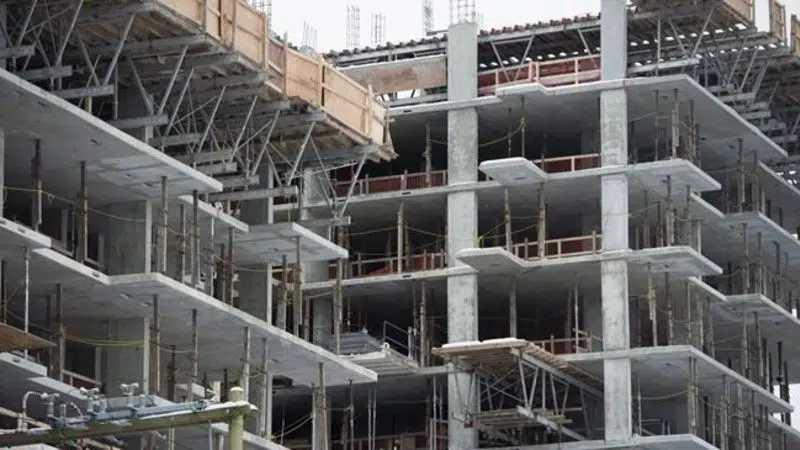
B.C. rental crisis goes far beyond impact of short-term rentals, say experts
VICTORIA — British Columbia’s rental housing crisis goes far beyond factoring the impact of short-term rentals, say housing experts who say more building is needed to help families find affordable homes.
Recent data from Airbnb Canada says the short-term rental company collected almost $43 million in provincial, municipal and regional taxes over the past year, which will be provided to the provincial government, regional districts and the City of Vancouver to fund housing and tourism initiatives.
Housing experts said the tax is a small return for a province where families struggle to find affordable homes.
“The extra amount of tax the hosts are paying and the Airbnb is collecting and passing along, there’s no scenario where that tax makes up for the harmful impact of all the short-term rentals on housing availability and affordability in the province,” says Prof. David Wachsmuth at McGill University’s school of urban planning.
